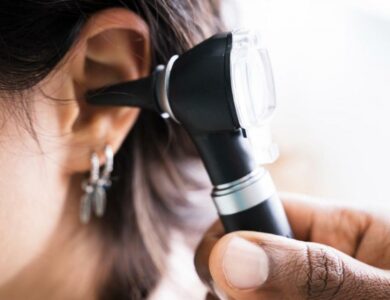Pain Today, Kidney Problems Tomorrow? The Risks of OTC Medication

Over-the-counter (OTC) medications are a mainstay in many medicine cabinets, offering convenient relief for pain, fever, and inflammation. But while they may be readily available, their use requires a mindful approach, especially for those with kidney concerns.
The Kidney’s Vital Role:
Our kidneys act as the body’s filtration system, removing waste products and excess fluids from the blood. They play a crucial role in maintaining blood pressure, electrolyte balance, and red blood cell production.
The Challenge with OTCs:
Certain OTC medications, particularly nonsteroidal anti-inflammatory drugs (NSAIDs) like ibuprofen and naproxen, can put a strain on the kidneys, especially with long-term or high-dose use. NSAIDs work by reducing inflammation, but they can also decrease blood flow to the kidneys, hindering their ability to function effectively.
Who’s Particularly at Risk?
The risk of kidney damage from OTC medications is heightened for individuals with:
- Pre-existing kidney disease
- Diabetes
- High blood pressure
- Dehydration
- Older adults
Making Smarter Choices:
Here’s how to strike a balance between managing pain and protecting your kidneys:
- Consult your doctor: Always discuss any OTC medication use with your doctor, especially if you have underlying health conditions. They can advise on safe alternatives or appropriate dosages.
- Consider alternatives: For pain relief, acetaminophen is generally gentler on the kidneys than NSAIDs. Topical pain relievers like creams or gels can also be helpful.
- Follow dosage instructions: Don’t exceed the recommended dosage or duration of use as stated on the label.
- Stay hydrated: Adequate fluid intake helps flush out waste products and keeps your kidneys functioning optimally.
World Kidney Day: A Call to Action
Observed annually on March 14th, World Kidney Day aims to raise awareness about kidney health. By understanding the risks associated with OTC medications and making informed choices, we can all play a role in protecting these vital organs.
Remember: Consulting your doctor is crucial for personalized advice on managing pain and safeguarding your kidney health. and this article is for only information purpose, it is not alternative to professional health care experts advise.








